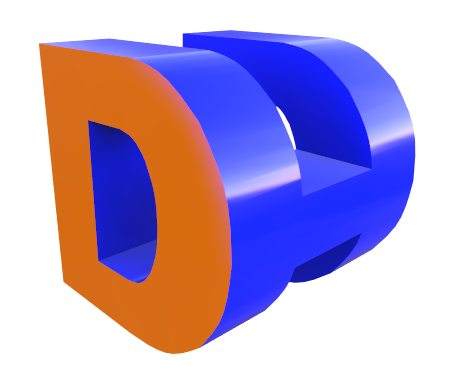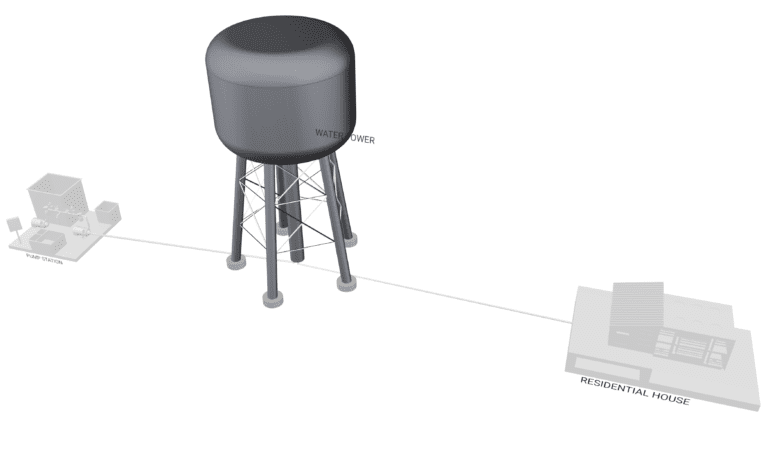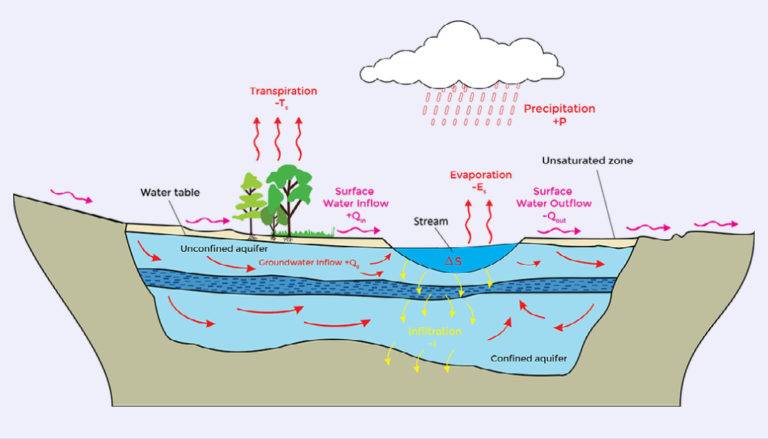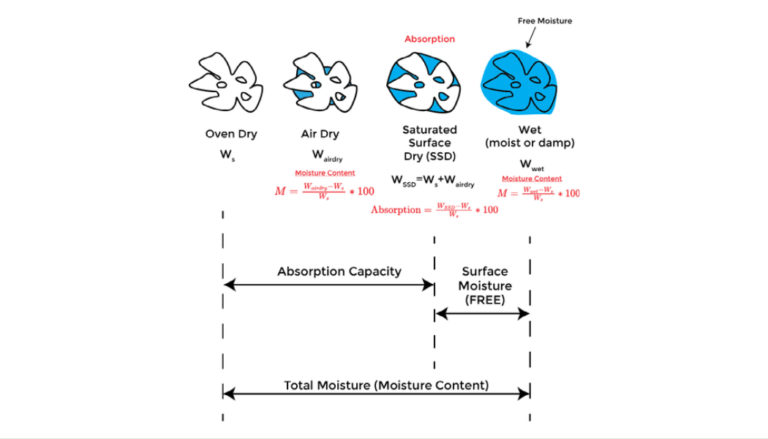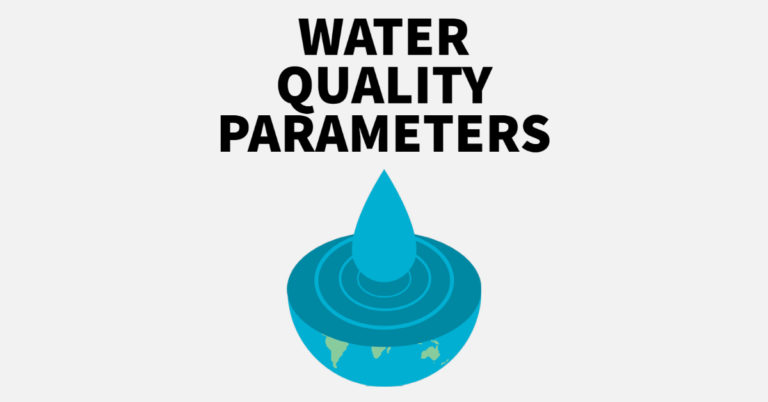FE Exam – Engineering Ethics
Just like how there are ethical guidelines used by practitioners of medicine, science, finance, real-estate and law, an engineering professional is expected to obey these “ethical codes” in their respective practices.
Modern codes for the practice of engineering place paramount priority on obligations to the public. There are several codes of ethics for engineers, in this post we will briefly summarize the code of ethics provided by the NCEES – Model Rules, Section 240.15 Rules of Professional Conduct. The code is provided on pages. 4-5 in FE Handbook 10.1. You can also access the code by using the following link:
NCEES (National Council of Examiners for Engineering and Surveying) Code of Ethics
Several other technical engineering societies have codes with the identical or similar wording:
NSPE (National Society of Professional Engineers) Code of Ethics
ASME (American Society of Mechanical Engineers) Code of Ethics
ASCE (American Society of Civil Engineers) Code of Ethics
FE Exam – Summary of the NCEES Code of Ethics
The NCEES code of ethics addresses three major sections in the Model Rules. The order of importance is show as listed, which the most important priority being the safety and welfare of the public.
(1) Licensee’s Obligation to the Public
(2) Licensee’s Obligation to Employers and Clients
(3) Licensee’s Obligation to Other Licensees
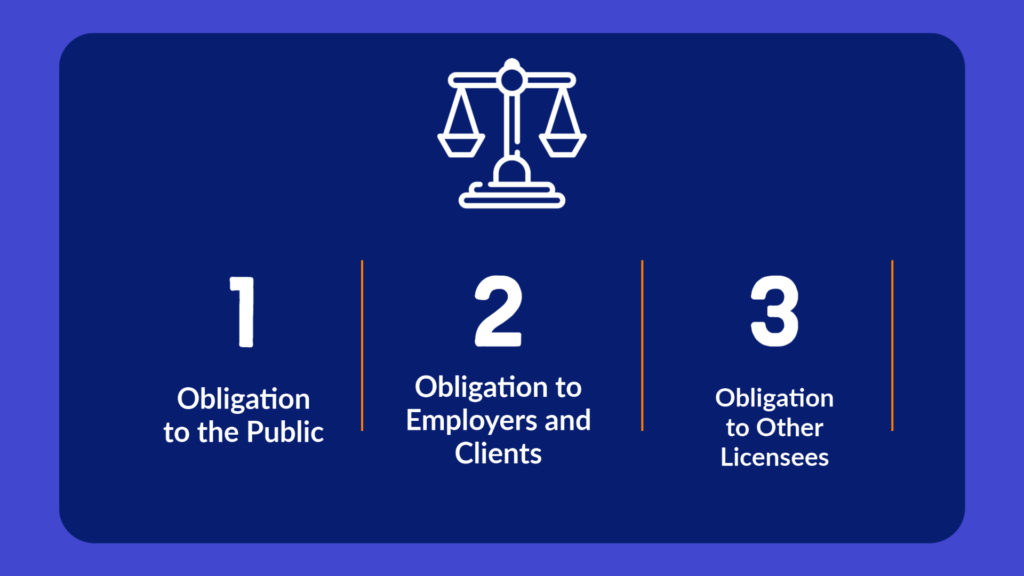
1) Obligation to the Public
- Public Welfare is MOST important
- Designs Must be SAFE
- MUST report when over-ruled judgment endangers Public Welfare or Safety
- Be HONEST in Reporting & Testimony
- Do NOT Guess or Speculate when offering “Professional Opinions”
- Do NOT take Bribes for Opinions
- Do NOT associate with Dishonest Organizations or Persons
- MUST report any violations to the state board
- MUST cooperate with Investigating Bodies on Matters of Professional Conduct
2) Obligation to Employer and Clients
- ONLY take assignments for which (you) the Engineer has adequate qualifications and competence
- Do NOT
- Practice outside your Expertise
- Approve Unsupervised Work
- May, as a “Project Engineer”, delegate work to other Qualified Licensed Engineers
- MUST Respect Confidential Information
- Must NOT take “Kickbacks” or be bribed
- Must DISCLOSE any Potential Conflict(s) of Interest
- NO Double-Dipping (obtain an income from two different sources in an illicit way)
- NO divided loyalties between public & private organizations (NO inside Lobbying)
3) Obligation to Other Licensees
- Do NOT LIE on your Résumé
- Do NOT offer BRIBES
- Do NOT purposely harm another Engineer’s Reputation
- Do constructively point out Errors in the work of another Engineer when Public Safety is at concern
Case Studies
Engineering ethics is often times best explained through the use of case studies.
Case studies allow examples of good and bad decision making in a real-world context. Our FE Exam Prep course focuses on many case studies that will walk you through the step-by-step process needed (1) analyze the case (2) form an ethical opinion using the NCEES Code of Ethics.


